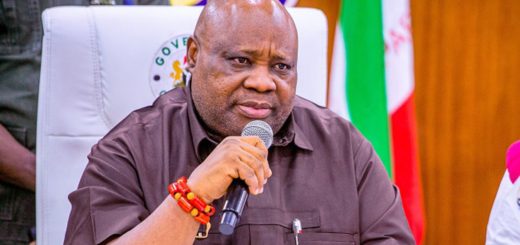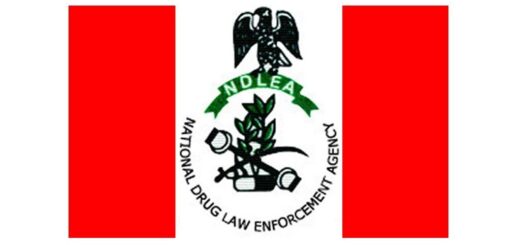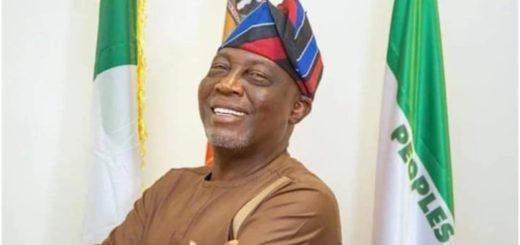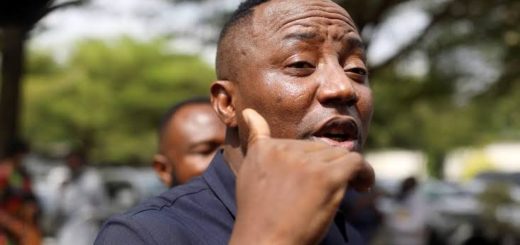Clash Between Christian and Muslim Leaders Over Shari’a Arbitration Panel in South-West
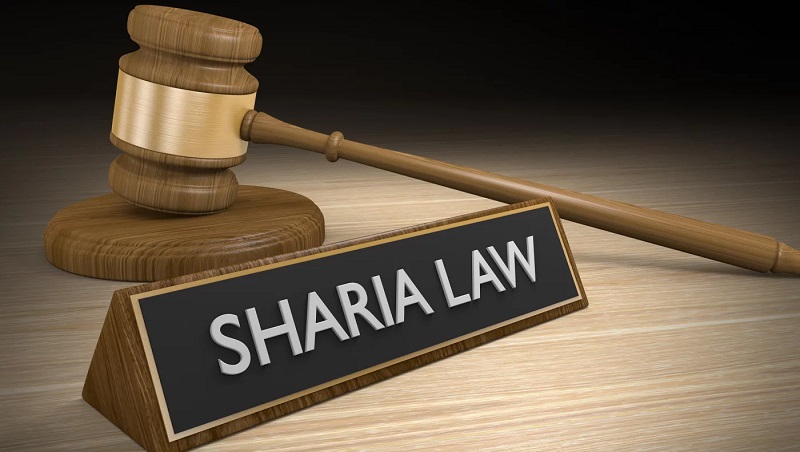 Christian and Muslim leaders clashed on Monday over the planned inauguration of a Shari’a arbitration panel across the South-Western states, including Ogun, Osun, Ondo, Ekiti, Oyo, and Lagos. The Supreme Council for Islamic Affairs (SCIA) is pushing ahead with plans to establish the panel to resolve disputes within the South-West Muslim community, despite growing opposition.
Christian and Muslim leaders clashed on Monday over the planned inauguration of a Shari’a arbitration panel across the South-Western states, including Ogun, Osun, Ondo, Ekiti, Oyo, and Lagos. The Supreme Council for Islamic Affairs (SCIA) is pushing ahead with plans to establish the panel to resolve disputes within the South-West Muslim community, despite growing opposition.
Shari’a Arbitration Panel Sparks Heated Debate Among South-West Religious Leaders
Dr. Hammed Bakare, President of the Supreme Council for Islamic Affairs in Ekiti State, and Dr. Rafiu Bello, Chairman of the Shari’a Committee of Oyoland, spoke to The PUNCH, confirming that the inauguration of the Shari’a panel would proceed, regardless of objections. Bakare argued that the panel was an arbitration body, not a court, and that it was part of the Islamic tradition to promote peace within the community.
The panel, which was to be inaugurated in Oyo town, had faced setbacks, including a suspension of its inauguration in January. The first sitting of the panel, however, was held last week in Ekiti with three Khadis (Islamic judges) presiding.
Opposition from State Governments and Traditional Leaders
However, the establishment of the panel has drawn criticism from local governments and traditional rulers. Ekiti State’s Commissioner for Justice and Attorney General, Dayo Apata (SAN), argued that the existing legal framework in the state already handled matters such as Islamic and Christian marriage disputes. The Ewi of Ado Ekiti, Oba Adeyemo Adejugbe, also called for the dissolution of the Shari’a panel, citing the importance of maintaining peace and law and order.
Bakare, however, firmly rejected calls for the panel’s dissolution, defending it as a voluntary arbitration process for Muslims in line with their religious beliefs. He stressed that the panel did not impose its decisions on non-Muslims and operated within the constitutionally guaranteed right of freedom of worship.
Shari’a Arbitration Panel Faces Strong Resistance from Christian Leaders
Opposition also came from Christian leaders across the region. Pastor Joshua Opayinka, Chairman of the Ondo State chapter of the Pentecostal Fellowship of Nigeria, expressed strong objections, claiming that the establishment of a Shari’a court in Ondo was unacceptable. He compared it to the restrictions Christians face in the north, questioning why a similar legal framework should be applied in the South-West.
Similarly, the Afenifere, a pan-Yoruba socio-political organization, voiced concerns about the impact of religious law on Yoruba culture, asserting that the region’s priority should be development rather than religious divisions.
Muslim Leaders Insist on Right to Establish Arbitration Panel
Muslim leaders like Bello insisted that the Shari’a panel was in line with constitutional rights and would continue. He clarified that the panel’s purpose was not to impose penalties but to settle disputes, particularly in areas like marriage and inheritance, for Muslims who voluntarily chose to participate. He pointed out that similar panels were already functioning in parts of Oyo, Lagos, and Ekiti States.
The panel’s proponents argue that it is not a new initiative and that similar arbitration panels for Muslims have been in operation for years, such as the one in Lagos. They also pointed to the constitutional provision for Muslim Personal Law, which includes marriage, divorce, and inheritance.
Challenges Ahead for Shari’a Panel in South-West
Despite the ongoing push from Muslim leaders, the controversy is far from resolved. Christian groups and state governments remain opposed to the idea of formalizing Shari’a courts or arbitration panels in the region. As the debate continues, Muslim leaders maintain their stance, citing constitutional guarantees and the peaceful, voluntary nature of the arbitration process.
